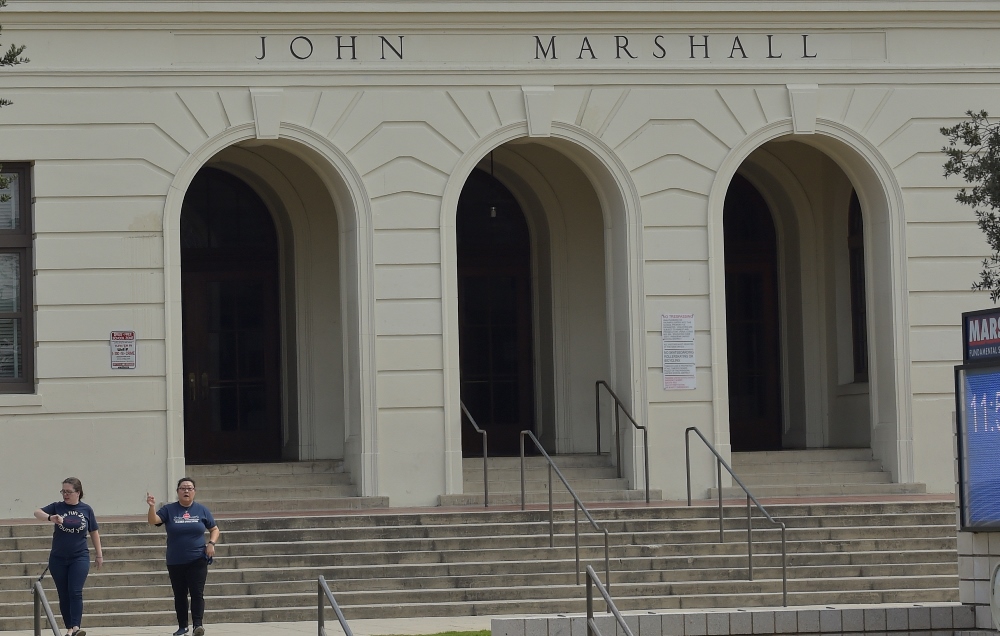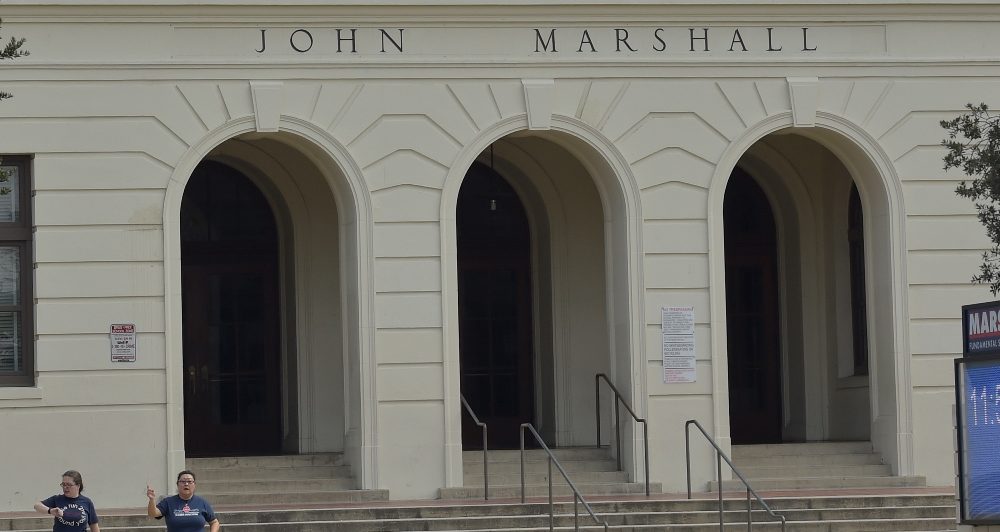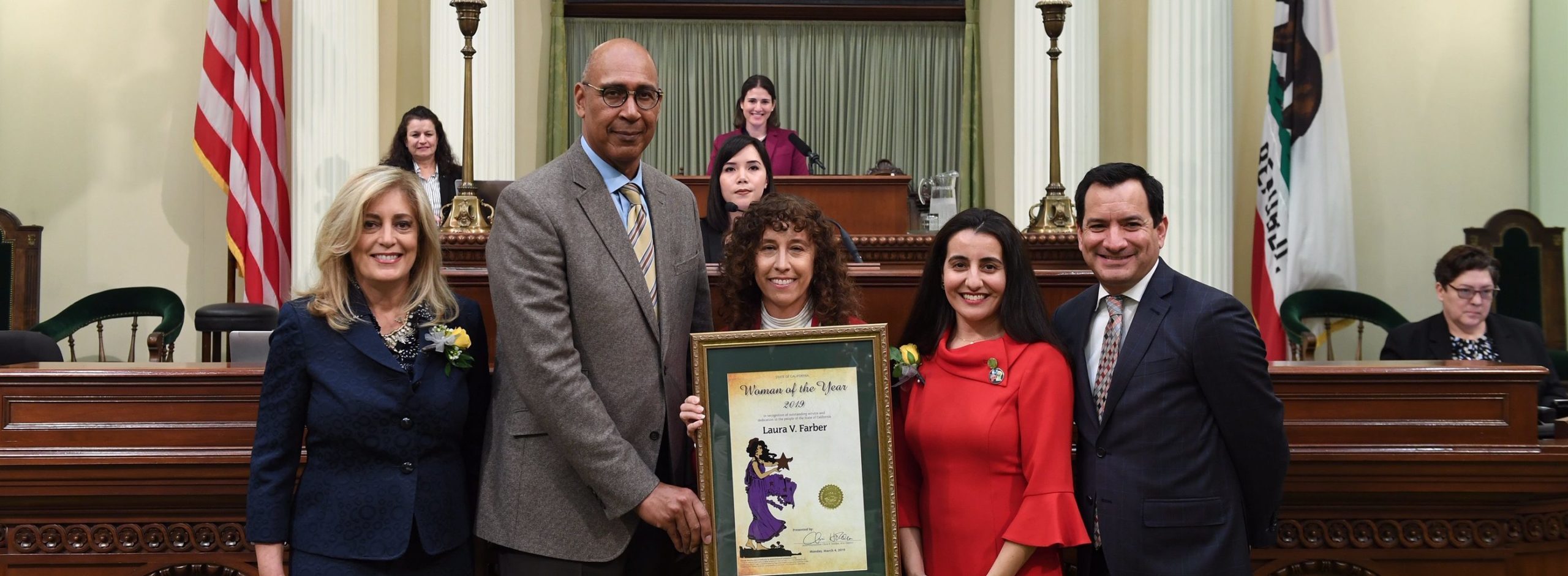
By John Orona
Charter school parents flooded the Pasadena City Council with emails, calls and comments on Monday, demanding that revenue from last year’s sales tax increase go toward funding public charter schools.
During the special joint meeting between the City Council and Pasadena Unified School District (PUSD), the two bodies presented an outline for using Measure J money and discussed creating a standing joint subcommittee between the city and PUSD to oversee the funds.
With the passage of Measures I and J in 2018, Pasadena raised sales tax rates by 0.75 percent and pledged one-third of those funds for public schools — but many parents say they feel duped now that it’s clear the money will only go toward PUSD and not charter schools.
“When our Pasadena families read the language of Measure J, they assumed that all kids would benefit from that,” Kate Bean, founder and executive director of Aveson Charter Schools said. “When I was in the voting booth it just never occurred to me that [the money] wasn’t going to go to all kids who are public school students.”
Although charter schools are not part of the district, they are technically public schools that receive public funding and are overseen by the state and district through their charter agreements.
According to Mayor Tornek, who authored the ballot measure language and was responsible for the campaign materials, the intent of the measure was always clearly meant to bolster PUSD, which has seen a drop in funding due to declining enrollment.
“There was never any discussion during the campaign referencing anything other than PUSD,” Tornek said. “Measure J was to help offset some of the loss of revenue that’s in part generated by the loss of [PUSD] students to charter schools, so it would be ironic to talk about diverting money from PUSD to charter schools.”
But declining enrollment isn’t solely driven by charter school competition.
PUSD lost 570 students since last year and is planning for a further drop of 300 more students in each of the next two years. Some of that is attributed to the affordable housing crisis, which has forced many families, particularly in Northwest Pasadena, to move to less expensive areas.
There are also demographic issues as the birthrate of students coming into the system cannot replace those graduating at the same rate. With class sizes in the district getting smaller, schools have had to cut teachers, though they cannot reduce staff at the same rate as the reduction in students.
The council outlined two broad priorities to guide PUSD funding: financial stabilization that will ensure local control over the district and continuity of programs that may be lost due to budget cuts or loss of grant funding.
Between this year and next the district is cutting over $10 million from its budget in a bid to maintain state-mandated reserve funds of at least three percent. The bulk of Measure J funds will go toward shoring up this reserve funding in the first year.
With these cuts PUSD will have to balance preserving its “signature programs” like the Dual Language Immersion Program and Math Academy, which the district said could drive higher enrollment and more funding.
Some voters are not happy with the money going towards reserves, even if it means freeing up district funds for academic programs.
“Academic programs, that’s what I voted for,” Rick Doub told the council. “I didn’t vote for balancing or reserve funds or anything like that. I voted for academics and I think that’s what we all stepped up and voted for.”
While funding mandated reserves in effect means more money for academics, it also may make accountability and measuring effectiveness more difficult. PUSD Board President Lawrence Torres has said he’ll return to the council with ideas on how to track the money provided by taxpayers.







